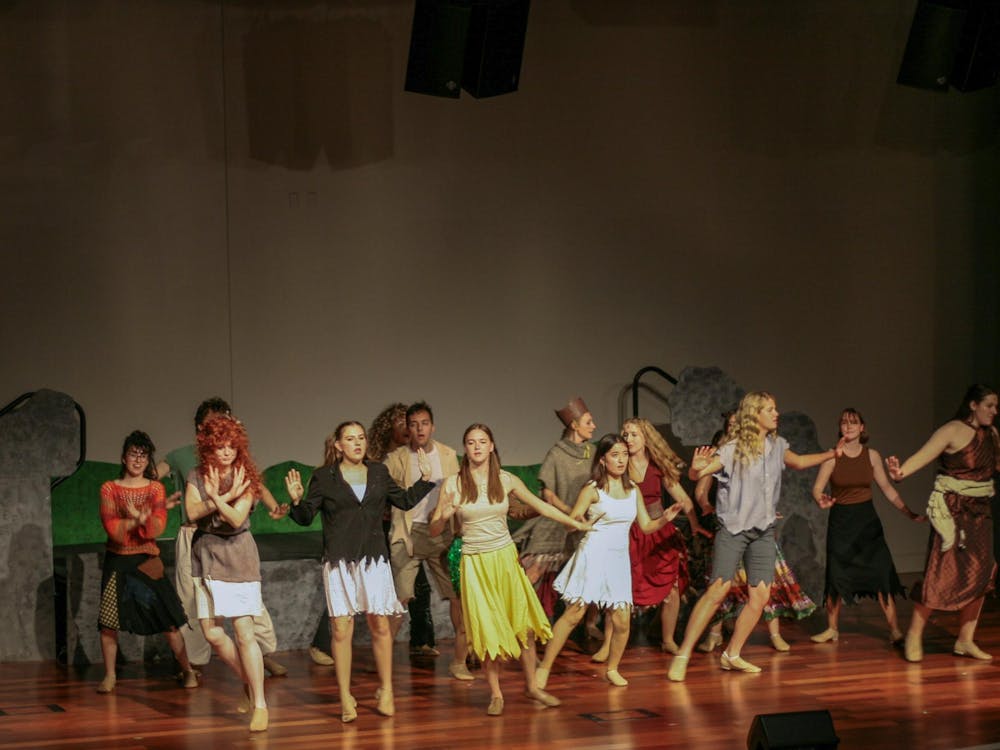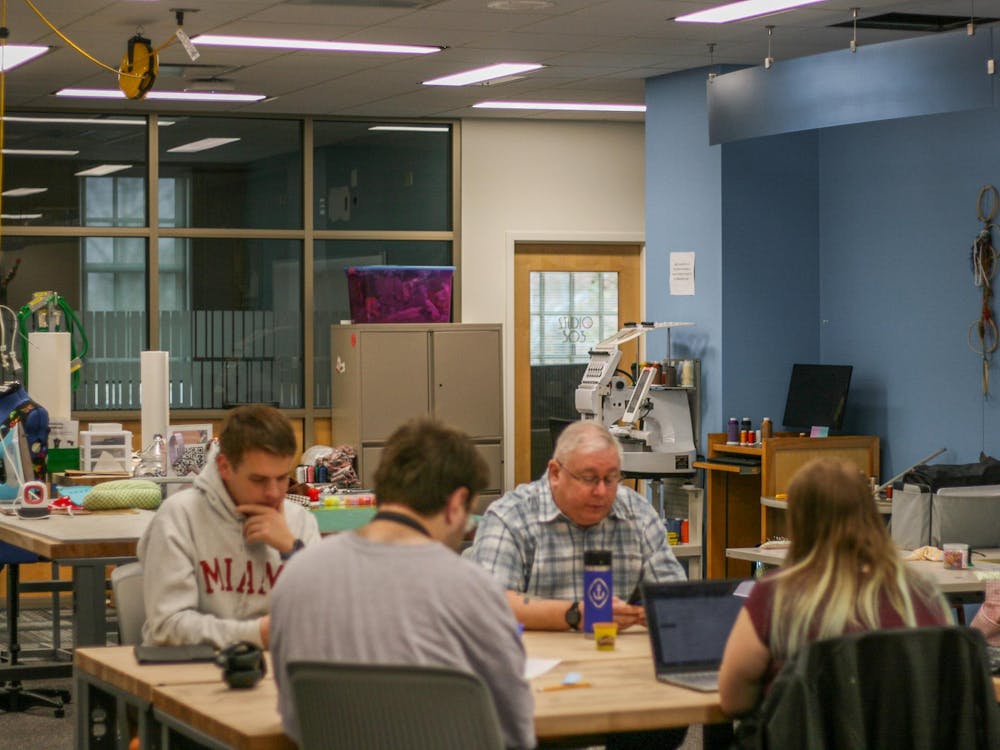From Shirley Temple to Jennette McCurdy, the exploitation of child stars has been a prominent aspect of the Hollywood industry for over a century.
However, the surge of internet stars over the last 15 years has made this unregulated issue even more prevalent with the introduction of child influencers and YouTube family channels.
This concept is especially disturbing because the parents who run these accounts have no obligation to give their children back their hard earned money. Few labor laws address child stars on TikTok or YouTube as opposed to laws regarding child acting in a professional setting.
The concept of young, unprotected children growing into stardom before they can even drive a car is disheartening when you look at the deeper effects of their lives following their time on the screen.
One glaring example of profiting on child exploitation in the last 10 years was the TLC reality TV show “Dance Moms,” which was borderline child abuse that turned into primetime entertainment for families across the globe.
Now that the young girls of the Abby Lee Dance Company (ALDC) have grown older and gained more opportunities beyond “Dance Moms,” the unfortunate legacy of mistreating young children has been carried on by one ALDC alumna in particular.
“Dance Moms” breakout star JoJo Siwa and her mother Jessalyn are recent examples of this phenomenon. The mother/daughter duo was criticized by a former member of its reality competition show, “Siwa’s Dance Pop Revolution,” who alleged mistreatment in a recent article from Rolling Stone.
Leigha Sanderson and her mother Anjie alleged that the show’s participants were subjected to insults from both of the Siwas and endured grueling rehearsal schedules, as well as a lack of health accommodations for Leigha, who has spina bifida.
Multiple unnamed sources that worked closely with “Dance Pop Revolution” told Rolling Stone that producers actively tried to make kids cry on camera, which the show’s production company denied.
Siwa’s brand has been considered child-friendly throughout her career, from her concert tour to her collaboration with Claire’s in creating a line of hair bows targeted toward tween and teen girls. Young girls look up to Siwa, so hearing that she and her mother are allegedly misusing her platform and not treating the children she works alongside with respect and care is disappointing.
While child exploitation issues in the entertainment industry are not new problems, they’ve gotten much worse with the evolution of the internet and its chokehold on impressionable children and teenagers.
As a child who grew up on the internet during the early years of social media, I understand having a fascination with influencers and loved the idea of being internet famous. I constantly badgered my parents to let me have my own channel and annually added it as a part of my Christmas list, but I always got the same response: “Not until you’re 18.”
Enjoy what you're reading?
Signup for our newsletter
Now I see why.
Looking at the recent influx of “Gen Alpha influencers” whose parents typically run their accounts, I’ve become grateful that I grew up in a household that wasn’t internet savvy. These children are being endorsed by brands as ambassadors in order to attract a younger audience who wants to buy their expensive products.
The popularity of YouTube family channels also suffers from the issue of exploiting children and have large followings not only because of their relatable content, but also for people interested in the childrens’ lives as they grow up.
Growing up in front of a camera is a slippery slope that family channels are willing to profit from. Unfortunately, there is a lack of consideration for the lifelong consequences these children will have by growing up and having their highest and lowest life moments on the internet for millions of people to watch.
Some of these channels have been exposed and are suffering the consequences of mistreating their children online. With the recent arrest of “8 Passengers” mother Ruby Franke for abusing her children, I hope to see justice brought to the children who are being forced to perform for their mothers’ iPhones.
The internet has transformed into a platform for mothers to vlog their children in front of a camera for anyone to see, having their audiences range from mothers to children to pedophiles, an unfortunate factor we need to consider when posting children online.
The similarities between famous internet children and children in the entertainment industry have become eerily evident, but at least the entertainment industry has laws and regulations in place for them to earn the profits they made from performing. As of now, the internet does not have that, making it easy for children to be turned into internet cash cows for their parents’ benefit without any restriction.




